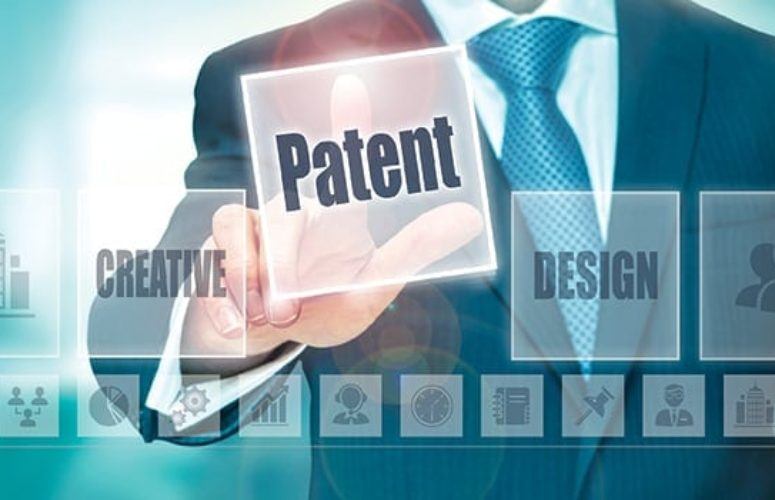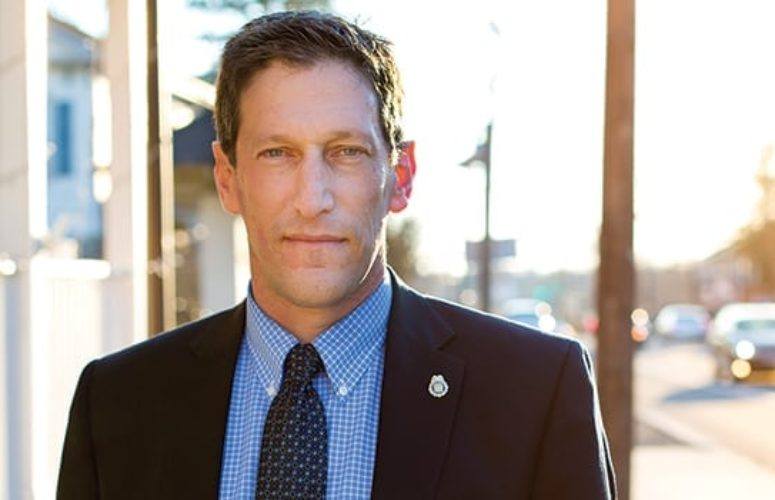
The Evolving Focus of Intellectual Property Law
Attorneys strive to help clients keep up with the internet’s evolution and its impact on clients’ intellectual property.
By Joe Cavaluzzi, Contributing Writer On Jun 11, 2018Intellectual property (IP) attorneys are watching both the internet and the law evolve as they look for ways to protect their clients’ patents, trademarks and copyrights, in both US and global markets. They continue to grapple with numerous challenges, including even the changing definition of which IP can be protected.
High-tech clients, with their unique and diverse IP portfolios, are among the industries most impacted by IP law and present some of the greatest challenges to attorneys.
“What can be challenging is making sure all protectable IP assets are identified and taking steps to ensure that all types of IP, including utility patents, design patents, trademarks, copyrights or trade dress, are clear for use and the protection process commenced at the appropriate time,” Danielle M. DeFilippis, a partner at Norris McLaughlin & Marcus, says. High-tech clients often have several products at various stages of development. Their attorneys must prepare the relevant licensing and contract documents and guide clients through registering with the United States Patent & Trademark Office (USPTO). “It also can be challenging to stay on top of potential infringers and take prompt action when necessary to enforce the client’s rights.”
A recent Federal Circuit Court of Appeals ruling in a suit Oracle America, Inc. brought against Google LLC illustrates the potential impact of the issues involved.
Oracle, which owns the Java Standard Edition platform, sued Google, alleging that it infringed Oracle’s copyright and patents by using parts of the Java application programming interface (API) in its Android operating system, DeFilippis explains. APIs provide compatibility and enable programmers to use prewritten code to build functions into their own programs. The Court held that Google’s use of Java was not fair use. The decision could have a broad impact on the software industry, possibly making it more expensive and complicated for developers to use Java to create new compatible products.
“This is particularly relevant for start-ups who have to consider closely their development costs and may not yet have a software program from which to build,” DeFilippis says. The opinion could change the business model for startups, forcing some to shoulder the additional costs of developing their own code.
Companies with products on the cusp of the next internet revolution – the industrial internet, where open, global platforms connect people, data and machines – may find their patents less secure than they thought, notes Robert M. Brush, a partner at Patterson & Sheridan’s Shrewsbury office. Brush points to a 2014 US Supreme Court decision in the Alice v. CLS Bank suit. Alice Corp. held four patents for financial trading systems that mitigated the risk of non-payment for the buyer and seller through a third party that held payments in escrow. When CLS Bank started its own similar service, Alice sued them for infringement. CLS countersued, alleging that Alice’s patents were invalid and the Supreme Court agreed, ruling the abstract idea of intermediated settlement merely required generic computer implementation and was not a patent-eligible invention.
“The 2014 Supreme Court decision made it harder to get software patents. A lot of internet patents people thought were strong probably are not that strong,” Brush notes. “That decision is rippling through everything we do. That’s a battle a lot of our clients face. They don’t expect to hit this kind of battle.”
Changing US-China Relations
Most countries do not patent software unless it’s an element within a hardware device or system. Software theft has been a sore point in US-China relations for decades, but America’s intellectual property relationship with China is changing and has improved in some ways, Sills Cummis & Gross’ Trent S. Dickey says. Dickey has represented US companies in China since the 1980s.
“In those days it was all about copyright infringement. You used to be able to buy the latest movie or CD on the street in New York for $1 in 2010. China stopped that. When China wants to stop something they can, and they did,” Dickey says, adding that China has significantly improved enforcing IP protections. However, the level of stealing information has become more sophisticated.
“China is making products for almost everybody. But China also is producing a tremendous amount of its own IP,” he says. “People over there have to realize they have to start becoming a good (global) citizen if they want to have their own IP recognized.”
Four years ago, the Chinese set up the Supreme People’s Court to handle intellectual property rights cases. The court has become very active in arbitration, reporting a 47 percent increase in IP civil cases last year, driven by suits involving advanced and sophisticated technology, protection of well-known trademarks and online copyright disputes, according to the court’s website.
“There still are problems, but it’s a rapidly changing environment,” Dickey says, adding that China has yet to enforce a new law requiring foreign companies whose products are manufactured in China to put their IP information on Chinese servers.
What’s in a Name?
One of the most publicized trademark cases of 2017 in the US involved a rock band. The US Patent and Trademark Office rejected the application of band founder Simon Tam to trademark its name, the Slants, because the mark potentially disparaged Asian-Americans. The US Supreme Court ruled that the disparagement clause of the Lanham Act, the federal law that created a national trademark registration system, is unconstitutional under the First Amendment’s Free Speech Clause. The Court’s decision has already had far-reaching effects on the government’s involvement in and regulation of trademark registration. Within a month of the Tam decision, the USPTO withdrew its cancellation of the NFL Washington Redskins name and several weeks later, the federal circuit court ruled clothing designer Erik Brunetti could trademark his clothing line’s name despite its visual and phonetic resemblance to the F-word.
New Jersey attorney John C. Connell, a partner in the Archer & Greiner law firm, represented Tam before the US Supreme Court. While the decision has broad First Amendment implications, Connell says, it is unlikely to have much impact on most businesses.
“It applies theoretically to mainstream business. So, would mainstream businesses likely be the holders of marks viewed as disparaging?” Connell asks. “It’s not likely you’re going to see J&J or IBM attempting to register that kind of a mark that might be considered disparaging.” Some smaller businesses, startup publications or clothing lines, or groups intending to convey not just an identity for their product but a message, could be affected. “The long-term effect on mainstream businesses is probably going to negligible.”
Too Early to Tell New Law’s Impact
As of this April, a New Jersey law invalidates any contract provision that requires an employee to assign his or her rights in an invention to an employer if the employee developed it on his or her own time and without using the employer’s resources. The law is likely to impact the software industry and employees who develop apps and web-based software.
“It’s not clear what impact it will have yet. It’s fairly narrow in the protection it gives an employee. It may not be a lot different than if there was no change,” patent attorney Greg Winsky, of Archer & Greiner, says. “The real issue here is whether this has any effect with respect to confidential information. It does not change the employee’s obligation not to use trade secrets the employee has gained access to during employment. Because that obligation is very broad, it’s hard to say how the law would overwhelm the obligation not to use confidential info.”
Attorneys anticipate the evolving digital society will continue to generate questions and activity in the New Jersey courts regarding intellectual property. As DeFilippis, of Norris McLaughlin & Marcus, sums it up, “High-tech clients have such unique and diverse IP portfolios, so working with those clients is always interesting, challenging and rewarding, particularly when we are able to help them bring a product to market successfully.”
Related Articles:






